Publications
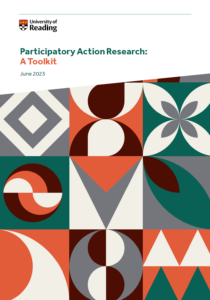
Participatory Action Research (PAR): A Toolkit
This toolkit is for community researchers, community organisations, students and academics who want to reflect on and better understand the principles and everyday practices of PAR, how to build community research teams and how to use PAR to understand local issues. The PAR Toolkit sets out reasons for taking the PAR approach and practical tools: The 8 stages of PAR and the PAR wheel.
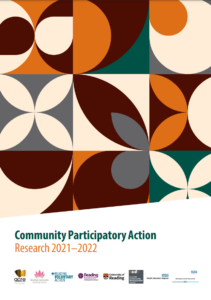
Community Participatory Action Research 2021–2022
This report outlines the key findings from Health Education England’s programme of work to support Community Participatory Action Research (CPAR) in which researchers and community stakeholders engaged as equal partners to tackle inequalities relating to men’s mental health, maternal services, accessing healthcare services for minority ethnic women and the impact of Covid-19 on the Nepalese community.
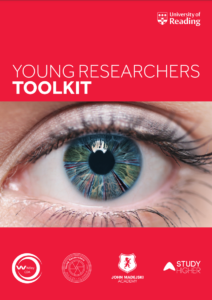
Young Researchers: Toolkit (2021)
This toolkit offers guidance and suggestions to enable teachers in secondary schools to help their students to become researchers – young researchers. The guidance focuses on how to initiate groups of young researchers and how best to develop and sustain their research projects.
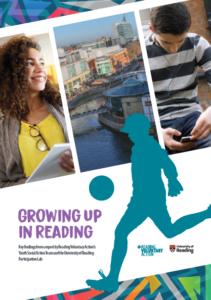
Growing up in Reading: Key Findings (2021)
These key findings published by Reading Voluntary Action (RVA) are based on research carried out by a Youth Social Action Team supported by RVA and the University of Reading. Around 700 of Reading’s 11-18 year-olds participated in the research by either completing a youth-designed questionnaire or taking part in a focus group. Topics include voice and self-expression, life satisfaction, the future, challenges and changes needed, community in Reading, and issues important to young people.
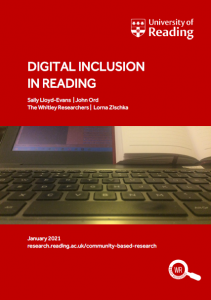
Digital Inclusion in Reading (2021)
More and more services have to be accessed online since the 2020 pandemic. This raises concerns about a ‘digital divide’ opening up, in which sectors of the population who find it difficult to access online services are placed at a disadvantage. This survey aimed to find out how people in Reading are coping, what the barriers to online engagement are, who is particularly disadvantaged, and what might help.
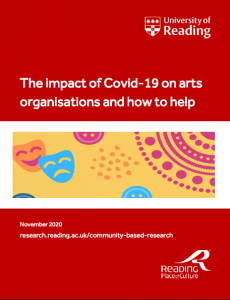
The impact of Covid-19 on arts organisations and how to help (2020)
30 organisations involved in Reading’s art, culture and heritage scene were interviewed; a mixture of charities and other community organisations, limited companies and individuals. Their responses reveal how the arts sector has been impacted by the pandemic and explores what might be done to help.
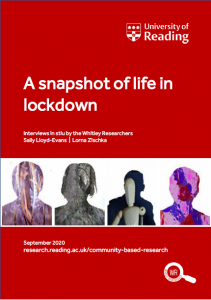
A snapshot of life in lockdown: Interviews in situ by the Whitley Researchers (2020)
This snapshot of life in lockdown provides some insight into how the local community has borne the impact of the pandemic. Two broad themes were considered: (1) The capacity of people within the local community to adapt to change and (2) The outlook for the future with key issues of concern and key lessons learned.
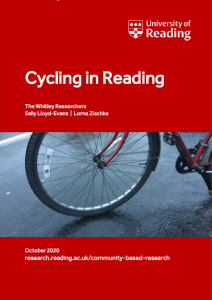
Cycling in Reading (2020)
This research opens an investigation into local attitudes to cycling. The aim was to find out how cycling could be made more appealing to Reading’s residents. Key areas for action include (1) making cycling safer, (2) increasing security for bikes and police protection, (3) educating the public in order to change attitudes to cycling and to promote a safer use of roads (4) providing opportunity – which means increased access to equipment and cycle clubs or places to go.
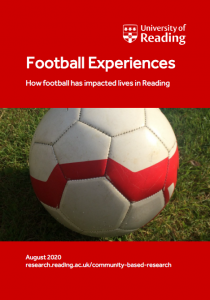
Football experiences: How football has impacted lives in Reading (2020)
This research opens a conversation on how people in Reading experience football. The contribution that football makes to wellbeing, and the stepping stone it can provide to profound personal and social development was borne out in the stories we collected.
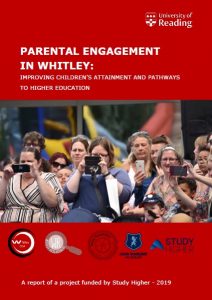
Parental Engagement in Whitley (2019)
This publication reports on the reflections of the parents following the youth aspiration research, highlighting their personal priorities for Whitley’s children and youth. It also records their experiences of taking group action.
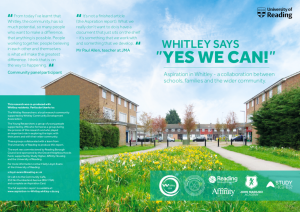
Aspiration in Whitley Leaflet (2019)
This is a leaflet sharing a summary of our ‘Aspiration in Whitley’ findings with the whole community. Newly formed parent and teacher groups are already working on some of the recommendations.
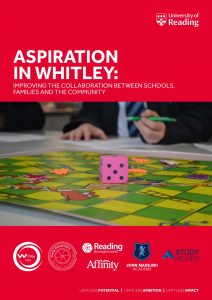
Aspiration in Whitley Report (2018)
This report synthesizes the findings of a number of interrelated research activities united around the theme of youth aspiration and attainment. The relations between schools, families and the community are all important in helping young people to find their voice and to navigate the pathways to reaching their aspirations.
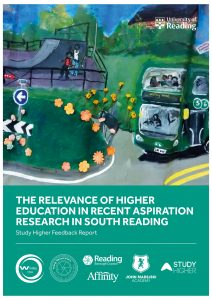
The Relevance of Higher Education in Recent Aspiration Research in South Reading (2019)
A report commissioned by Study Higher which draws on and adds to the ‘Aspiration in Whitley’ research. It particularly advances understanding of youth aspirations for higher education in Whitley.
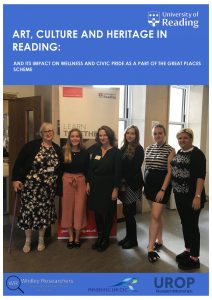
Art, Culture and Heritage in Reading Report (2018)
This report was compiled as part of the Great Places scheme. It investigates the perceptions of the community regarding art, culture and heritage in Reading. The research looks into the barriers to participation in these activities, and considers their impact on wellness and on civic pride.
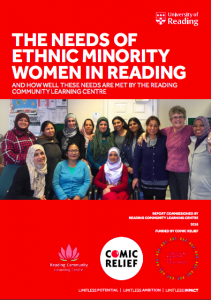
The Needs of Ethnic Minority Women in Reading (2018)
This report highlights the problems ethnic minority women face in bridging the gap between their own culture and mainstream British cultures. It assesses the strengths and weaknesses of the contribution that RCLC makes for them in providing classes (particularly the opportunity to learn English) and also by offering a space for cross-cultural social connection.
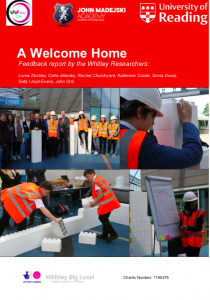
A Welcome Home: Feedback report by the Whitley Researchers (2017)
Local secondary school students kicked off the community focus with a feature on the home. They designed and built their own walk-in, sit-down house out of giant Lego type bricks. This report records their experiences and some of the lessons learned.
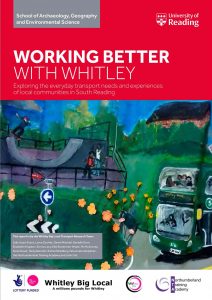
Working better with Whitley Report (2015)
This report explores the everyday travel needs and experiences of communities in Whitley, identifying transport barriers and suggesting ways of addressing unmet needs that could be targeted by the Whitley Big Local initiative. It focuses on the central role that mobility plays in connecting people to the places they need to go to and, equally importantly, to the places they aspire to go to.
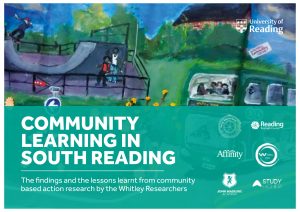
Community Learning in South Reading (2019)
This booklet describes the aims for each research project, how we carried out the research, the results and the lessons learnt. We hope it may assist other community practitioners who are seeking to develop a more participatory and community-led approach to working in deprived neighbourhoods.
